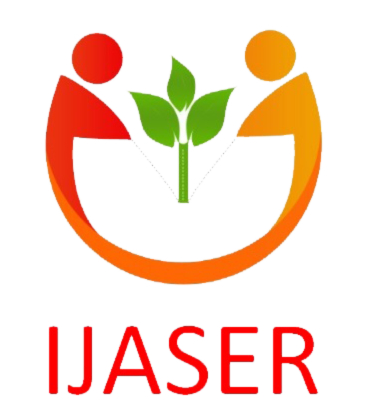| Title: BEHAVIORAL PREDICTORS OF BLENDED LEARNING ENGAGEMENT AMONG AUTOMOTIVE STUDENTS IN A HIGHER EDUCATION SETTING |
| Authors: Anna May A. Proel and John Manuel C. Buniel |
| Abstract: As learning shifts towards a blend of online and in-person methods, it has become crucial to understand why students act the way they do and how that affects their involvement in learning, especially in hands-on fields like technical and vocational training. Based upon the Theory of Planned Behavior (TPB), this study explored the predictors of blended learning engagement among Automotive Technology students at North Eastern Mindanao State University–Cantilan Campus. Data were collected through a validated and reliable structured questionnaire assessing five TPB constructs: Attitude, Perceived Behavioral Control (PBC), Subjective Norms, Actual Behavior, and Intention. Descriptive analysis revealed generally positive perspectives on blended learning, with students demonstrating a favorable attitude, strong social influences from peers and instructors, and a strong belief in their capability to handle blended learning. Subjective Norms, Attitude, and PBC were identified as significant factors influencing students’ intent to participate in blended learning, based on a multiple linear regression analysis. Furthermore, simple linear regression revealed that Intention was a strong predictor of Actual Engagement, explaining a substantial portion of the variance in students’ participation. The outcomes of this study emphasize the significant role of psychological factors in adopting blended learning and provide empirical insights for higher education institutions seeking to enhance student engagement in hybrid learning environments. Educational strategies should focus on strengthening motivational factors, improving perceived control, and enhancing students’ self-efficacy to promote sustained participation in blended learning. |
| Keywords: Blended learning, Student engagement, Theory of Planned Behavior, Automotive Education, behavioral predictors, Higher education |
| DOI: https://doi.org/10.52267/IJASER.2025.6303 |
| PDF Download |
| Publication Certificate: Download |
| Date of Publication: 17-05-2025 |
| Published Issue & Volume: Vol 6 Issue 3 May-June 2025 |
International Journal of Applied Science and Engineering Review (IJASER)
ISSN: 2582-6271 An Open-Access E-journal
